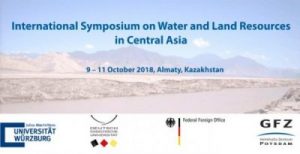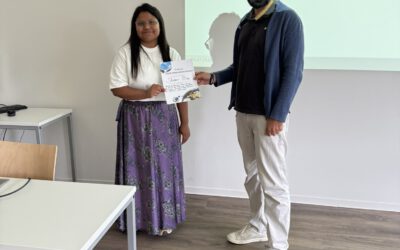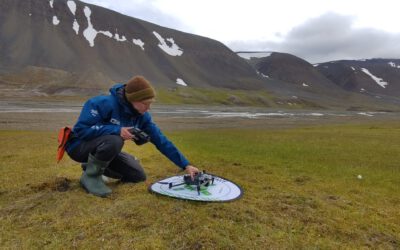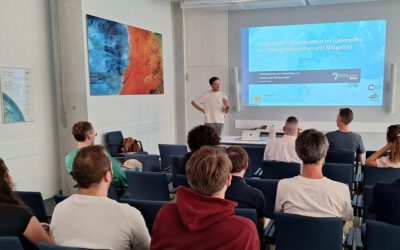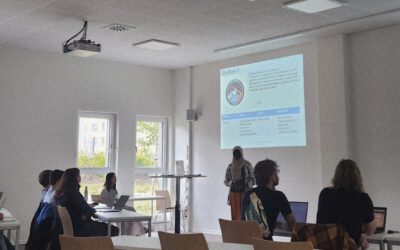October 09 – 11, 2018 in Almaty, Kazakhstan
Registration is open!
To bring together the international scientific community and regional stakeholders and specialists focussing on water-related and environmental challenges in Central Asia
Together with the partners at the German Research Centre for Geosciences (GFZ) in Potsdam and at the German-Kazakh-University in Almaty, colleagues from the Department of Remote Sensing at the University of Würzburg will hold a conference in October 2018 in Central Asia. The Department of Remote Sensing will lead two sessions (i.e., Session 4 ‘Using water and land resources: Challenges and sustainable solutions and Session 7 ‘Practical implementation of scientific results and capacity building: Towards sustainable development in Central Asia’)
The international symposium is organized within the framework of the Central Asia Water (CAWa) project, as part of the German Initiative for Central Asia (“Berlin Process”) and is funded by the German Federal Foreign Office (grant no. AA7090002).
Session Overview
Session 1: Climate Variability and Change
Session 2: Monitoring and modeling the cryosphere
Session 3: Hydrology: Observations, Processes and Forecasting
Session 4: Using water and land resources: Challenges and sustainable solutions
Session 5: Natural hazards and risk
Session 6: Agricultural transition and natural resource management
Session 7: Practical implementation of scientific results and capacity building: Towards sustainable development in Central Asia
Registration form and Abstract submission
Venue: Best Western Plus Atakent Park Hotel, Timiryazev St 42 (googlemaps), Almaty, Kazakhstan
Important dates:
May 31, 2018: Deadline for travel grant applications
July 31 , 2018: Deadline for abstract submission
August 07, 2018: Notification of acceptance
September 20, 2018: Deadline for registration

